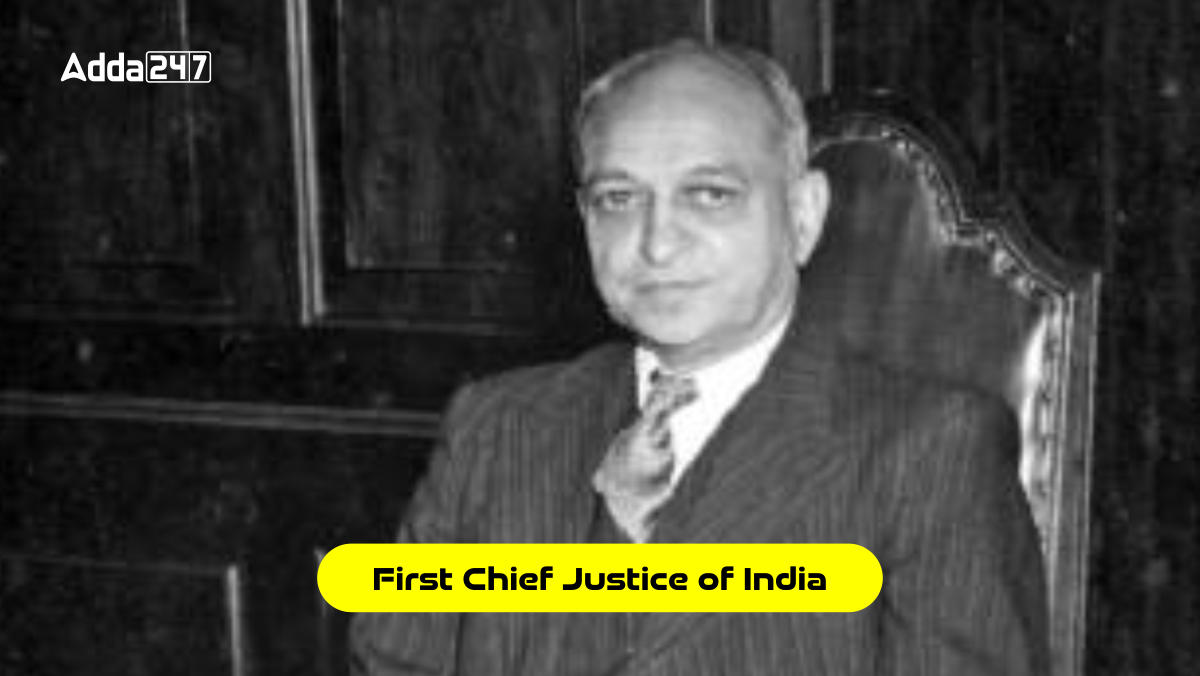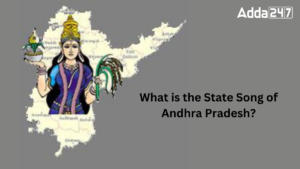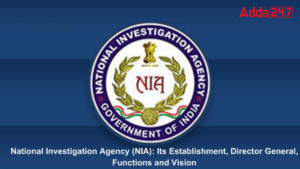Harilal Jekisundas Kania, born on November 3, 1890, was a pioneering figure in the field of law, leaving an indelible mark on Indian judicial history. Serving as the inaugural Chief Justice of India, he played a crucial role in shaping the legal foundations of the recently independent nation. This article explores his formative years, educational journey and distinguished career, ultimately leading to his historic appointment as the first chief justice of India.
List of Chief Justice of India from 1950-2023
India’s First Chief Justice: Early and Educational Life
Birth Date: 3rd November 1890
Birth Place: Gujarat
Kania’s roots traced back to a modest background in a Surat, where his family played roles in Gujarat’s administrative and educational spheres. His father, Jekisundas Kania, served as a Sanskrit professor and later as the principal of Samaldas College in the princely state of Bhavnagar. Kania’s educational journey began at Samldas College in the princely states of Bhavnagar. Kania’s educational journey began at Samaldas College, where he earned his BA in 1910, followed by an LLB from Government Law College, Bombay in 1912. His pursuit of legal knowledge continued with an LLM from the same institution in 1913.
Law Career of First Chief Justice of India
Kania commenced practice as a barrister at the Bombay High Court in 1915. In 1930, he briefly served as the acting editor of the Indian Law Reports, showcasing his multifaceted involvement in the legal domain. Kania’s commitment to justice led him to the Bombay High Court, where he served as an additional judge from June 1931 to March 1933. Despite facing initial setbacks in his quest for the chief justice position due to biases, Kania’s perseverance shone through. He was eventually appointed as an associate judge in 1945 and in 1946, assumed the role of Chief Justice of the Federal Court of India.
First Chief Justice in India: H.J. Kania
The turning point in Kania’s illustrious career came on 14th August 1947, when he succeeded Sir Patrick Spens as the Chief Justice of the Federal Court of India. Following India’s transition to a republic on 26th January 1950, Kania was appointed as the first Chief Justice of the Supreme Court of India. His pivotal role extended beyond legal matters, as he administered the oath to Dr. Rajendra Prasad, India’s first President. This historical moment solidified Kania’s legacy as a key architect of India’s constitutional framework.
Check This: List of Chief Justices of India (1950-2023)
Legacy and Death
Harilal Jekisundas Kania’s tenure as Chief Justice of India was tragically cut short by his sudden demise on 6th November 1951, at the age of 61. His death, attributed to a sudden heart attack, marked the end of a remarkable era in Indian jurisprudence. Kania’s legacy endures through his contributions to shaping the early foundations of the Indian judiciary and setting the precedent for the esteemed position of the Chief Justice of India.



 Who is the Inventor of the Gramophone?
Who is the Inventor of the Gramophone?
 What is the State Song of Andhra Pradesh...
What is the State Song of Andhra Pradesh...
 National Investigation Agency (NIA): Its...
National Investigation Agency (NIA): Its...
